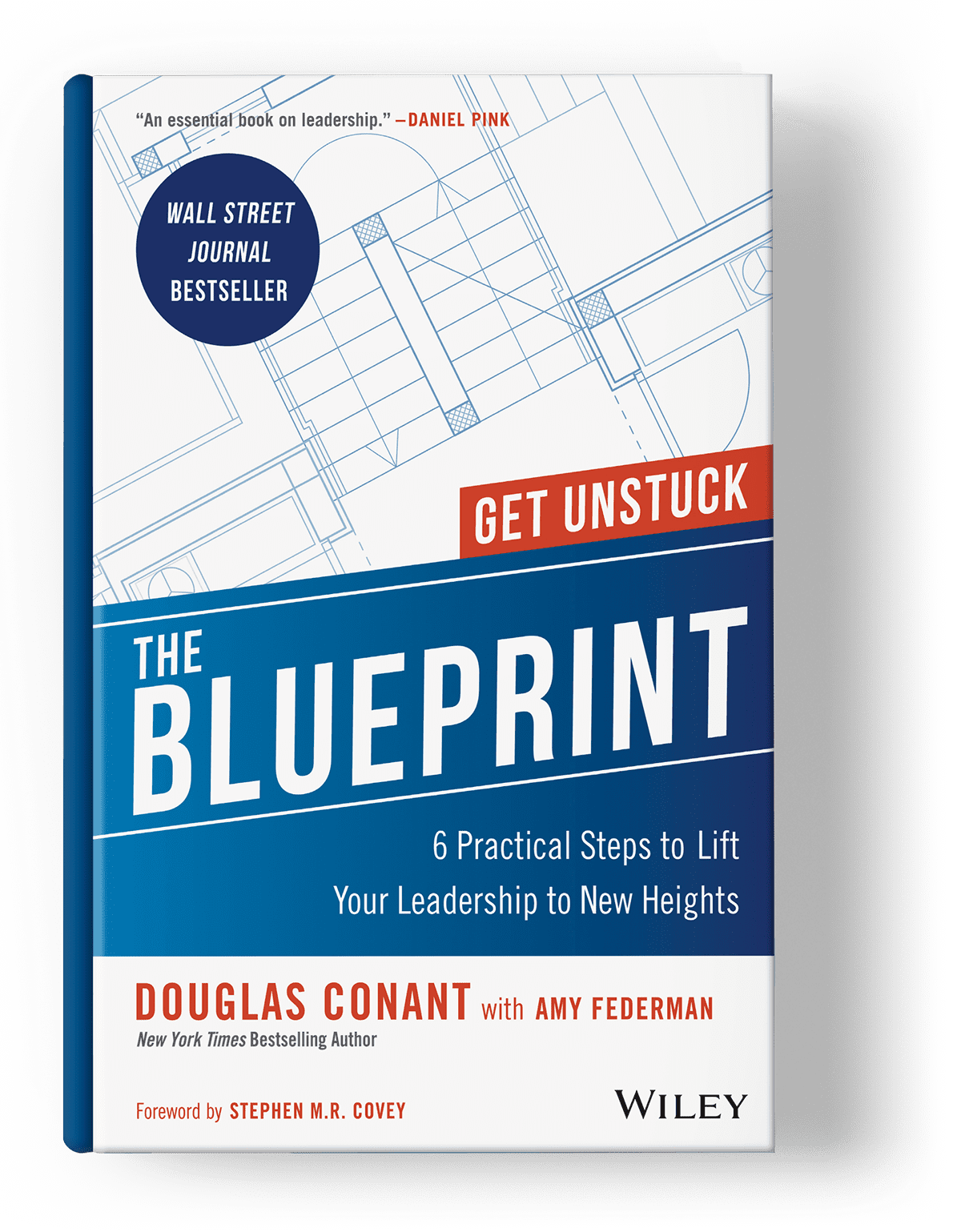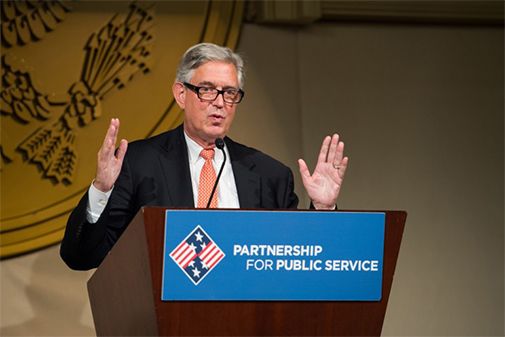Today we dispatched the June edition of our Leadership That Works Newsletter, a curated digest of the most fascinating leadership links to read right now, sent at the end of each month. In this month’s edition: the two types of respect, don’t follow your passion, what makes a successful CEO, and more. As always, we’re sharing the articles from our newsletter here in case you’re not subscribed to our mailing list. If you like what you see, you can sign up to receive our newsletter here.
Don’t Follow Your Passion
“Find your passion” is such a common refrain in career columns and commencement speeches, many of us assume it’s solid advice. However, new research from Stanford suggests the opposite. Thinking that we will simply “find” a passion that is already fully formed and waiting to be “discovered” is misleading and can jeopardize career fulfillment and growth. Instead, people should focus on developing their passions. The key difference between finding and discovering? “The directive to ‘find your passion’ suggests a passive process. Telling people to develop their passion, however, suggests an active one that depends on us—and allows that it can be challenging to pursue.” Get the full scoop on this fascinating research here in Quartz.
**For more on developing your passions, explore our post on how to get a lot better at things you love to do.
What Makes a Successful 21st Century CEO?
A recent BCG research project that surveyed over 450 CEOs, and carefully analyzed the most successful among them, has identified the five key components that are crucial to a CEO’s success in the 21st century. The project evaluated CEOs on three key criteria, “Great Company, Great Stock, Great Legacy”, and leveraged AI in attaining its results, a five-component “algorithm” for CEO success. The top component? “Defining and communicating a grounded point of view.” Read the full explanation of the five components in the algorithm here.
6 Books to Enhance Career Satisfaction
Summer is upon us which, hopefully, means you’ll be able to carve out a few indulgent extra hours to explore the world(s) of a good book or two. We never tire of book recommendations and roundups that help us beef up our summer reading lists. This list from The Cut is framed as a list of books to read if you’re considering a career change, but they all promise valuable insights whether you’re looking for a major job overhaul or just seeking to improve your work and life satisfaction.
**For more great book recommendations, check out Doug’s list of Foundational Favorites
No Risk, No Reward
Most of the time, it’s wise to play it safe. But there are some situations, especially in regard to your career, where it might pay to take a risk. The writers of this interesting Motley Fool post contend that sometimes a scary leap into the unknown is necessary to reap the life and career rewards you’ve always dreamed of. But how do you know when the time is right to take a chance? There are three key career contexts in which a gamble might pay off.
The 2 Types of Respect
Surveys show that feeling respected by leaders is a top concern of employees. Yet year after year employees report feeling disrespected. One of the problems according to research explained in this interesting Harvard Business Review article is that, “leaders have an incomplete understanding of what constitutes workplace respect—so even well-meaning efforts to provide a respectful workplace may fall short.” It turns out there are two distinct types of respect — owed and earned — and they are both equally important. Here, the author lays out five behavioral tweaks leaders can make to ensure a more respectful workplace environment.
**For more on creating a thriving and respectful workplace culture, explore our post on how to influence people with honor and how to listen like a leader.
‘Thank You’ Doesn’t Go without Saying
Even if leaders believe their gratitude is implied, or expressed primarily with a paycheck — ‘thank you’ does not go without saying. People need to hear it. Explicitly. To stimulate employee engagement and high performance, leaders must find meaningful and clear ways to express thanks, and this SmartBrief article offers five smart ways to make people feel recognized.
**For more on giving thanks, read our ten powerful ways to give thanks with your leadership.
Enjoyed these links? Check out our recent link roundups from March, April, and May. Explore our suite of leadership resources here. Or, join our mailing list here.
Ready to take your leadership to the next level? For an immersive and transformational leadership experience, apply to attend one of our upcoming leadership Boot Camps, taught personally by our Founder, Doug Conant, the only former Fortune 500 CEO who is a NYT bestselling author, a Top 50 Leadership Innovator, a Top 100 Leadership Speaker, and a Top 100 Most Influential Author in the World.






0 Comments